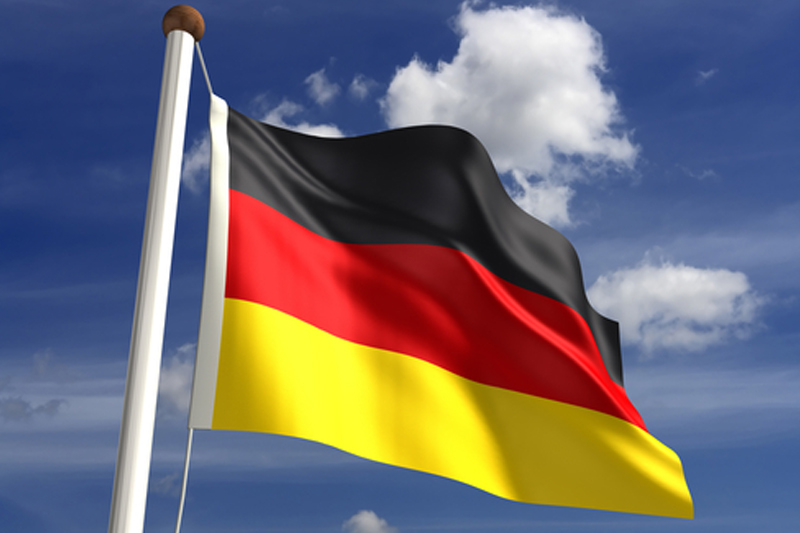By Michelle Martin
BERLIN (Reuters) - Annual inflation in Europe's largest economy rose more than expected in September, data showed on Monday, potentially helping to keep euro zone rate stable, but remained low enough to keep pressure on the European Central Bank to revive the euro zone economy.
Preliminary data from the Federal Statistics Office showed consumer price inflation, harmonised to compare with other European countries, held steady at 0.8 percent for a third consecutive month. The consensus forecast in a Reuters poll was for 0.7 percent.
Other recent data has shown Spanish EU-harmonised consumer prices falling by 0.3 percent year-on-year in September compared with a previous 0.5 percent drop. Belgium saw deflation for the first time since November 2009.
"Together with the slight easing of price falls in Spain ... September euro zone inflation may also hold stable at 0.4 percent when it is published tomorrow," said Christian Schulz, senior economist at Berenberg Bank.
The initial euro zone inflation report was expected to show the annual rate slowing to 0.3 percent from 0.4 percent, according to a Reuters poll before the German data release.
All of those readings are, however, well below the ECB's target of close to but below 2 percent over the medium term in the euro zone. They also fall into what the ECB calls its "danger zone" - anything below 1 percent.
At its September meeting, the ECB cut interest rates to a record low and announced a new scheme to pump money into the flagging euro zone economy. It is not expected to announce any policy changes at its meeting on Thursday, a Reuters poll found.
"The economic slowdown suggests that it will take even longer for inflation to return to target, warranting the ECB's easing actions," Schulz said.
Speaking on Lithuanian television on Sunday night, ECB President Mario Draghi said the ECB's governing council had agreed the central bank could do more if the situation worsened.
"(We have to) use a combination of strategies because monetary policy alone creates necessary but insufficient conditions to regain confidence and get out of the crisis," he said.
The Cologne Institute for Economic Research (IW) on Monday forecast that average German annual inflation would be around 1.25 percent this year and about 1.5 percent next year.
Non-harmonised data also showed consumer prices increased by 0.8 percent on the year as energy prices dropped while food price inflation accelerated. The cost of living was unchanged on the month using both the harmonised and non-harmonised measure.
Final price data for September are is due to be released on Oct. 15, the statistics office said.

(Reporting by Michelle Martin; additional reporting by Rene Wagner and Andrius Sytas in Vilnius; Editing by Larry King)
